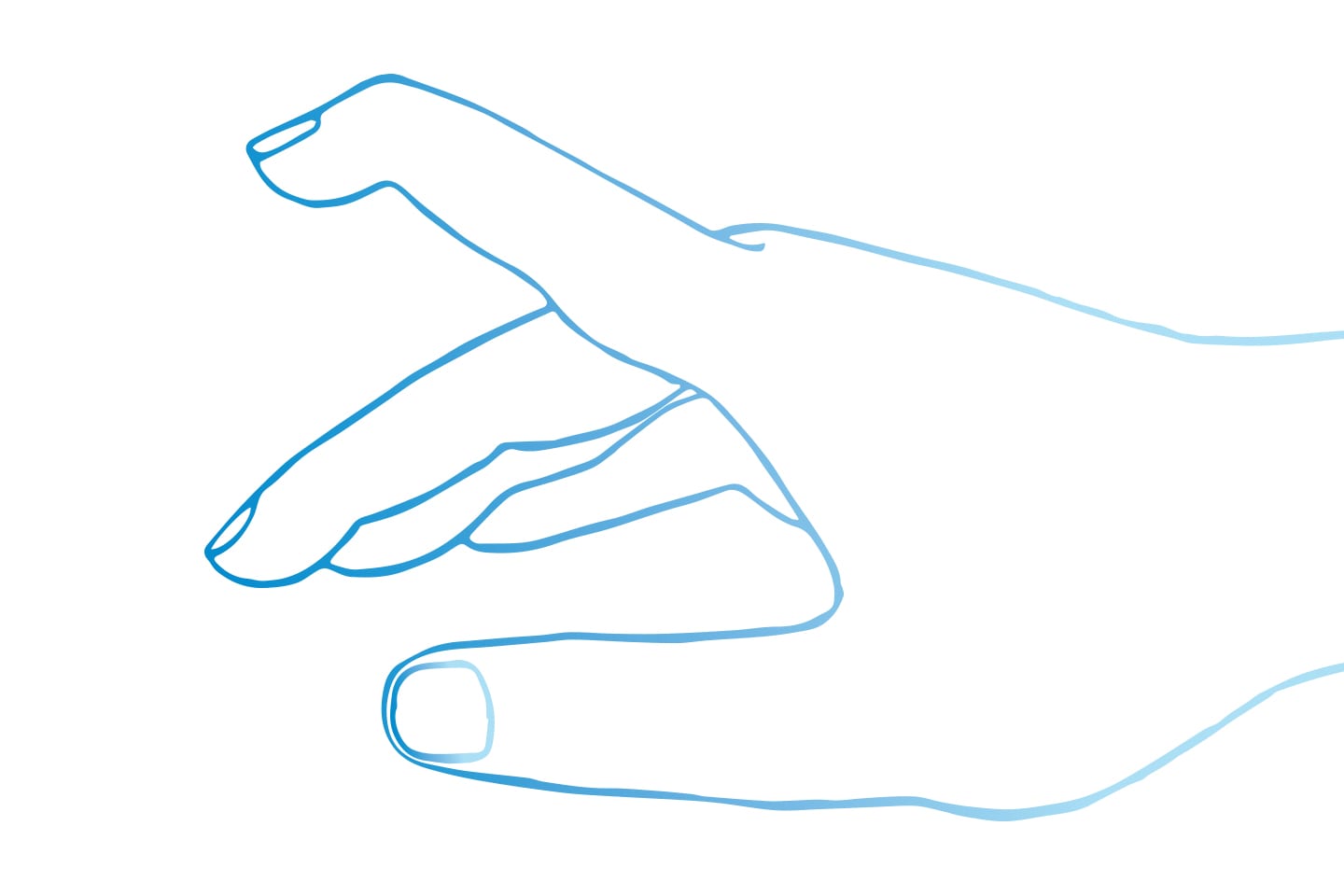Advice from Area Health & Wellness Professionals
…………..
Q. I’ve been dealing with a lot of pain in my jaw and recently heard Botox can help with that. How does it work?
A. Botox has been shown to help with certain TMJ symptoms like muscle soreness and tension headaches. When used in certain facial muscles, Botox can help to reduce the force caused by these muscles, which helps to ease pressure and pain in the area and cause less damage to the teeth. Although the facial muscles are weaker from the Botox, they are still able to function for everyday chewing, etc. One side benefit we have found with our patients is a slimmer jawline over time due to the lack of heavy clenching pressure from the jaw muscles.
It can take up to four weeks to notice muscle soreness relief from the injections, and the results typically last up to six months. Our patients have had great results with Botox.
If you are experiencing TMJ discomfort, I recommend talking with your dentist to see if Botox is right for you.
Q. I jammed my finger, and now I can’t extend the last joint all the way. What should I do?
A. This type of injury is called a mallet finger. With a simple mallet finger injury, the tendon responsible for extending the last bone of the finger ruptures (tears off the bone), which prevents you from being able to extend it. With a bony mallet finger, a small piece of bone breaks off when the tendon tears.
In most cases, mallet finger injuries respond well to splinting. With splinting, cells have the ability to grow and reconnect the tendon to the bone. For best results, splinting should be done within one or two weeks of the injury, and your finger should remain splinted and completely immobilized for eight to 12 weeks. In rarer cases, surgery may be recommended.
If a mallet finger is not fixed, some people may develop a secondary deformity called a swan neck deformity, where
the middle joint on the finger hyperextends, so it’s best to
get it checked out with a doctor early.
Q. I think I may have a hernia, but it’s not really causing any pain. Will it go away on its own?
A. A hernia is a tear in your muscle or tissue that allows internal organs to bulge through and can cause pain or discomfort. If severe, hernias can cause internal organs or tissues to become blocked or infected, so it is important to get them checked by a doctor.
Some hernias don’t need to be treated immediately, especially if they aren’t causing pain. In these cases, doctors may recommend watching and waiting. For others, there’s a possibility that the hernia could lead to bowel obstruction.
Because surgery is the only way to correct a hernia, several options – including open, minimally invasive, and robotic hernia repair – may be considered. Most hernias can be treated through minimally invasive procedures that are performed through small incisions in the abdomen, meaning faster recovery and return to normal, daily activities.
Q. What are the testing options for COVID-19, and how long will it take to
get results?
A. Testing options for COVID-19 come in two types, diagnostic and antibody. Diagnostic tests can be further broken down into molecular- or antigen-based, with molecular being the most accurate.
Both forms of diagnostic testing require a nasal or throat swab. Nasal swabs are the most commonly available. Most molecular test results have a turnaround time of 24+ hours. Unfortunately, due to the significant increase in demand nationwide, the turnaround time is currently unpredictable. Result time can range from three days to three weeks (the average is five to seven days). Rapid molecular tests are available and can give results within 15 minutes to three hours but are rare and only available to those with active symptoms and/or need for hospitalization.
Antibody COVID-19 tests require a blood draw or finger stick and can give results in minutes or within 48 hours depending on the test. This test shows possible past infection with COVID-19. The FDA does not currently recommend antibody tests to diagnose active infection.
Q. I think I’m allergic to pet dander, but my kids are begging us for a puppy, and I want one too. What is the best way to reduce possible reactions?
A. If you have symptoms that suggest allergy to pets, seeing an allergist can help. Thankfully, there are different ways to address this issue that don’t always mean giving up on a furry friend. Pet dander is a known allergen, but our pets can also cause symptoms related to other allergens in the environment that they carry in their fur, like pollens and dust. Getting allergy tested to identify your specific triggers is a good place to start. Then we can determine what the best approach will be. Minimizing exposure to your allergens (e.g. keeping pets out of the bedroom), different medications, and allergy shots are all things that could help with allergy symptoms.








